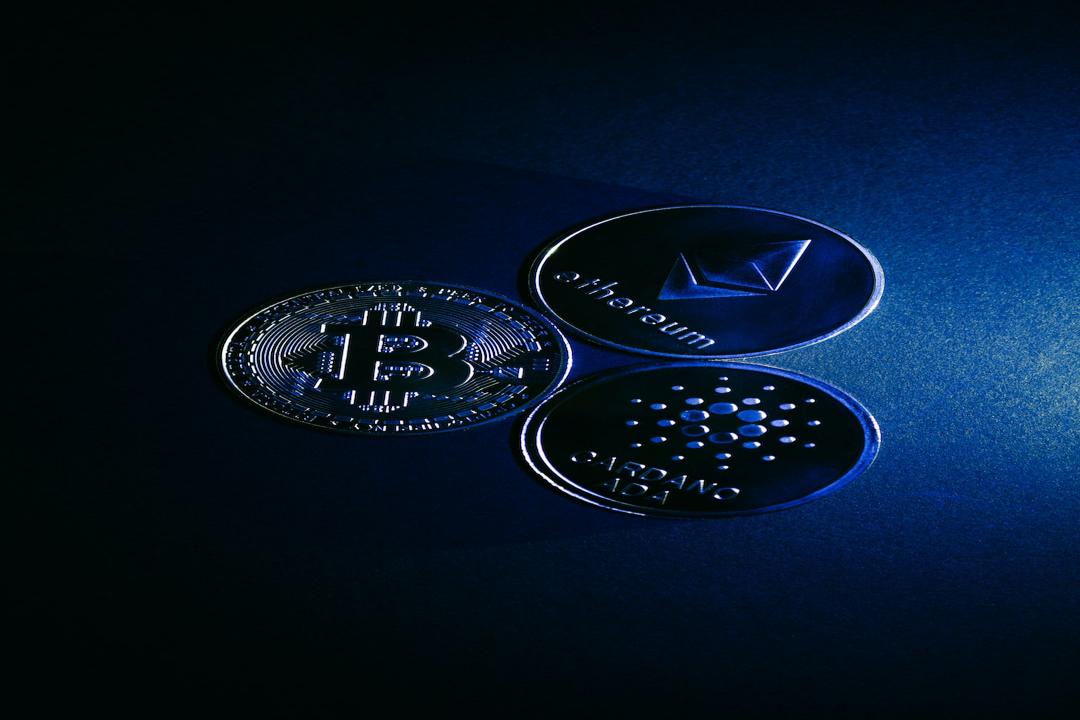As one of the hopes for mass adoption in the Web3 field, the concept of full-chain games has always been a popular topic of discussion in the market. However, due to various factors such as entry barriers, operational costs, and gameplay limitations, it has not yet become mainstream in the industry, and the user base is relatively limited. In this article, Tax, co-founder of Primodium and an investor from Alliance DAO and YC, shares his insights on the value and existing problems of full-chain games, providing readers with a reference to consider and analyze.
Solving Four Real Problems in Full-Chain Games
Firstly, new products need to solve problems that previous products couldn’t address; otherwise, existing products will dominate the market. Fortunately, full-chain games are a blue ocean market with few producers competing for attention. In other words, we don’t need to compete with Web2 gaming giants like Rockstar for player attention. However, it is crucial to ensure that new problems are effectively addressed.
For full-chain games, this means providing players with a new type of experience that they cannot find in other games. Full-chain games are relatively slow and clumsy in terms of operation, so the experience they provide needs to be different from traditional games. The value of full-chain games lies in the following aspects:
Value Point 1: Actual Value Assets
Strictly speaking, encrypted assets are just digits. However, due to the decentralization (the power of the network) consensus, we can truly give them economic value. For traditional games, giving economic value to game assets often depends on the support of large, established companies. But for full-chain games, this attribute is inherent from day one.
Value Point 2: Value Transfer Freedom
Game assets in traditional games are often limited by custody regulations and technical restrictions. Developers usually cannot custody cash funds in USD, and banks do not provide API interfaces for developers to build corresponding applications. In contrast, full-chain games allow players to transfer assets through in-game actions.
Value Point 3: Betting Chip Properties
Betting chips can make boring gameplay (due to their inherent game nature) more interesting. Poker, which is often mentioned by many people, is a typical example. The gameplay of full-chain games can be simple, but betting chips can make the game results more anticipated because they are built on the cryptocurrency system (which is closely related to the performance of the cryptocurrency market).
Value Point 4: Removing Consumption Restrictions
Traditional game channels usually have certain restrictions on in-game purchases. For example, the in-app purchase limit is $99, which makes the user experience of purchasing any in-game asset that costs more than about 0.03 ETH (about $100) poor. In contrast, the cryptocurrency market has no consumption restrictions, and the market depth is sufficient. Therefore, full-chain games can continue to operate in this risk environment.
The Ideal and Reality of Full-Chain Games
Three Implicit Problems in Full-Chain Games
You may have noticed that common advantages of full-chain games such as decentralization, persistence, and composability have been omitted. In my opinion, these “features” of the solutions often do not reflect the actual problems of full-chain game players, so they are not good reasons to build on-chain games.
Problem 1: Decentralizing Power
Players usually want more game updates and content. Real-time operations in traditional video games are an important part of game studio work. Decentralized games weaken the centralized role of “game studios.” In traditional games, the balance and weakening of data are usually done for the benefit of players. The “centralization story” of World of Warcraft that Vitalik experienced has its merits, but in the long run, imbalanced gameplay will hinder the inclusion of more players. However, for the operation of the in-game economy, trustlessness will play a crucial role in its survival. In other words, an economic system that does not rely on a single role is healthier for the game ecosystem.
Problem 2: Game Persistence
The lifeline of full-chain games lies in their user engagement, which is rare for a game to maintain operation for ten years with a certain player retention rate. The problem with most games is not that they go offline but that players lose interest in them. Just because a game can “exist on the blockchain forever” does not mean that more people are interested in playing it.
Problem 3: Composability
Writable plugins are beneficial for creating more interesting player dynamics, but full-chain games are not the only way to achieve this feature. Web2 games themselves have usable editing plugins, but many people don’t use them because players prefer consuming game content rather than producing it. Players may have other reasons to participate in the production of game content, but composability is not an absolute reason to play games.
Conclusion: A New Game Experience is the Key
Overall, full-chain games can solve problems that Web2 (and even Web2.5 games that combine traditional Web2 games with blockchain games) cannot solve. However, most of these problems largely depend on the fundamental principle of “why everything must be built on the blockchain.” However, the most important point is that full-chain games should be able to provide a completely new game experience. However, today, almost all encrypted games are not designed with this approach in mind. They are either traditional games with token systems (commonly referred to as Web2.5 games) or ordinary games that run entirely on the blockchain but provide regular gameplay. In the long run, no real players will be interested in experiencing these games simply for consumption. Therefore, we still have a lot of work to do, and full-chain games still have a long way to go.

